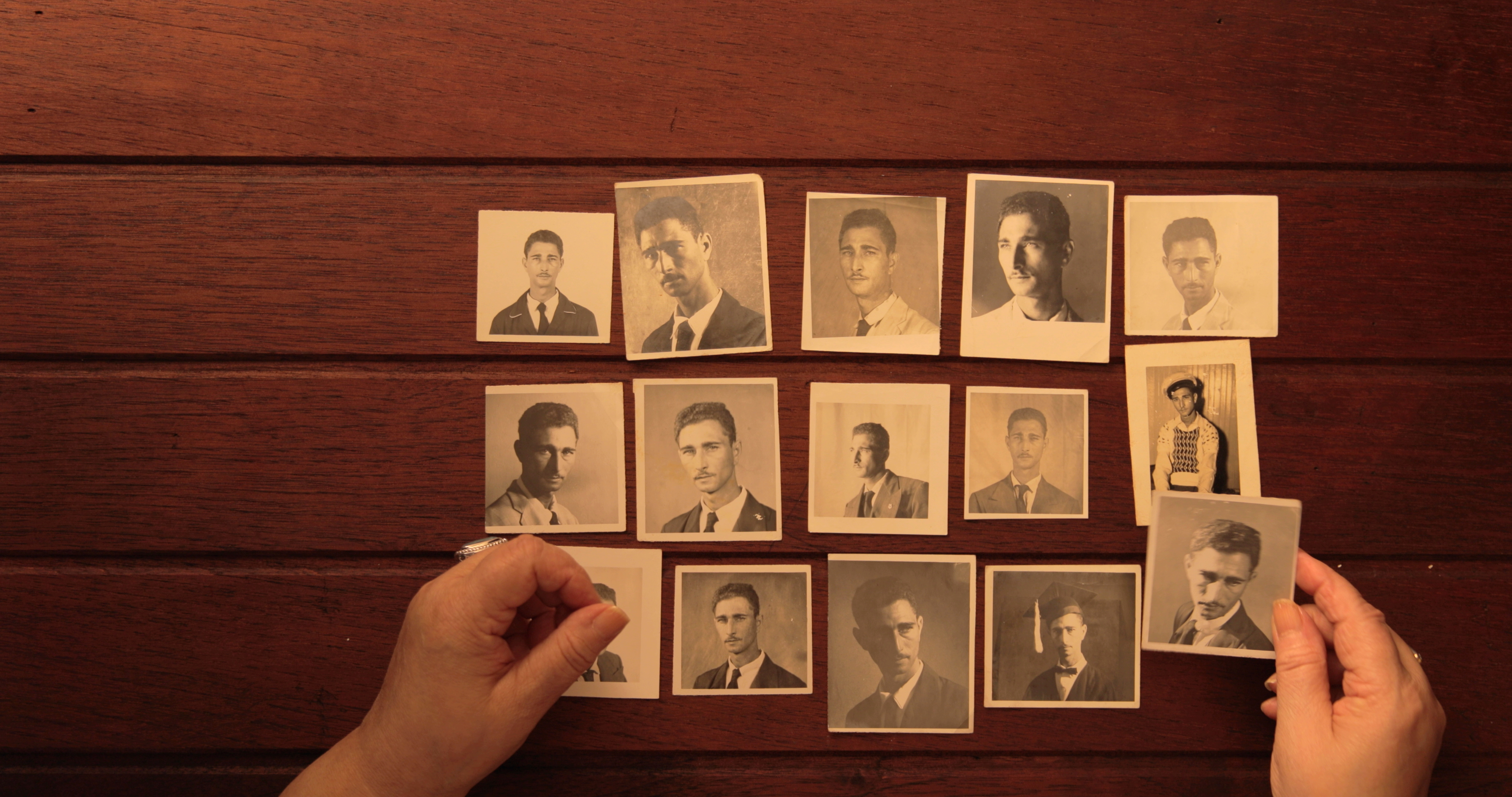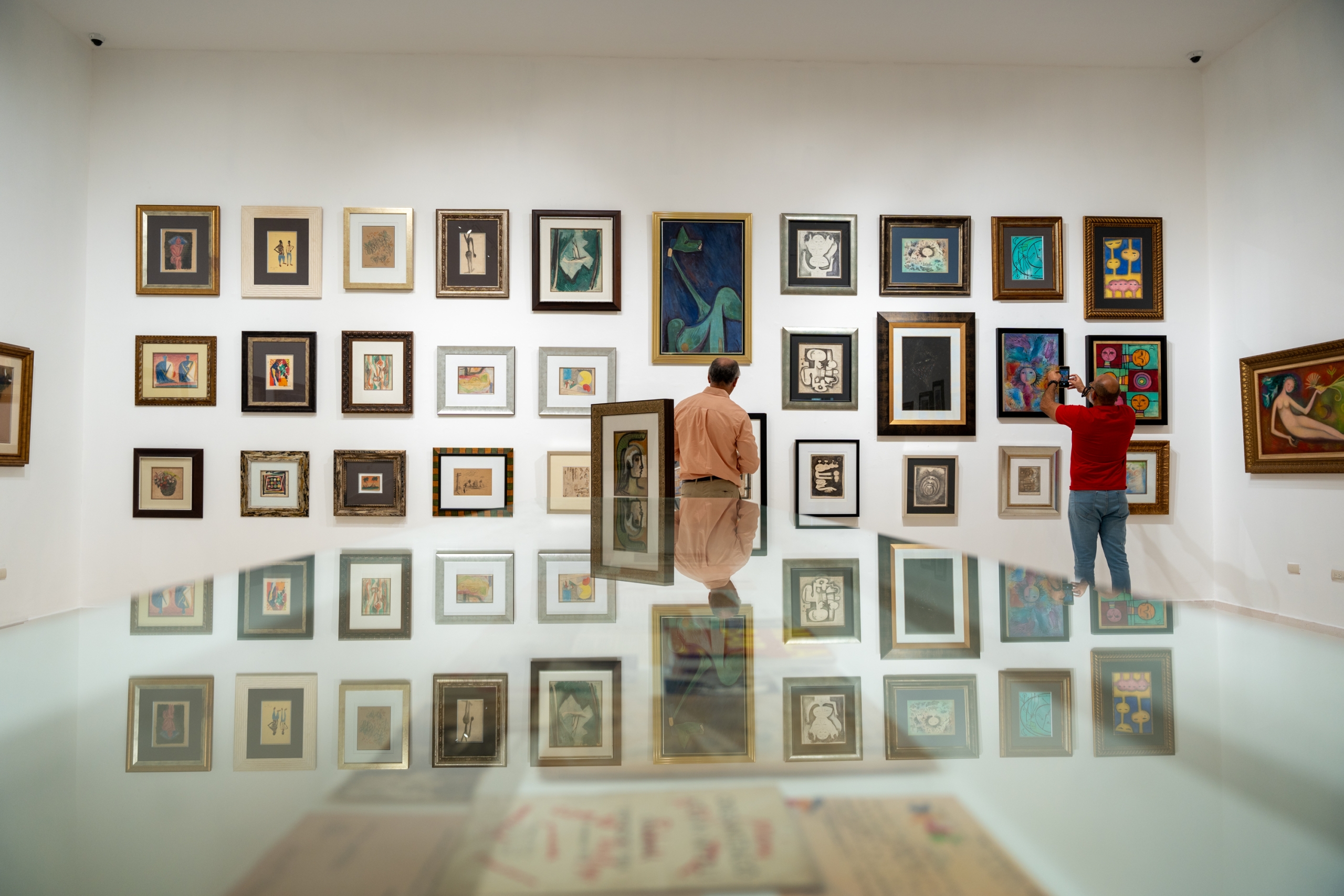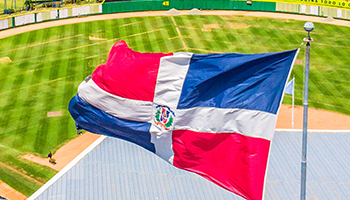Juan Ramón Jiménez and Lezama Lima: Meeting of Two Major Writers in Cuba
 | Juan Ramón Jiménez and Lezama Lima: Meeting of Two Major Writers in Cuba Juan Ramón Jiménez and the group Orígenes was the title of the speech given by the Spanish Professor, Carmen Ruiz Barrionuevo, in the Museum of Modern Art, as part of the Keynote Speeches program at the International Book Fair. She also pointed out that Orígenes, at the moment of its disappearance, had fulfilled its objectives: to become the most important magazine in the Spanish language with a truly continental dimension and to elevate Cuban poetry. Ms. Ruiz Barrionuevo began by explaining the context and circumstances around the arrival of Juan Ramón Jiménez in Havana and the relationship of mutual admiration between him and José Lezama Lima. Professor Barrionuevo analyzed the link between the Nobel Laureate in Literature and the group connected to the Cuban magazine, Orígenes, based on texts and testimonials of Lezama Lima, gathered in “Recuerdos de Juan Ramón Jiménez” (Memories of Juan Ramón Jiménez) , “Coloquio con Juan Ramón Jiménez” and “La poesía cubana en 1936”, among others. A specialist in Spanish American literature, Professor Barrionuevo said that with the arrival of Jiménez to Havana, poetry “had not yet come to the surface” and that he was the guide that forged the miracle of the poetic cult into the image on the island and “immediately young Cubans became enthused and began to write poetry.” She talked about the huge respect and admiration Lezama Lima had for the Spanish poet. She presented several articles about the collaboration with Jiménez in Lezama Lima’s magazines, among them “Verbum” which was the first then later, “Espuela de Plata”, “Nadie Parecía” and “Orígenes.” As such, she pointed out that Juan Ramón Jiménez was a totally caustic person in terms of his assessments and that he was not well accepted in Spain because he had problems with his contemporaries as a result of his attacks and insults against the writers from the Generation of 27. She ended her presentation by explaining the singular importance of Juan Ramón Jiménez in the disappearance of the “Orígenes,” which closed down as the result of the publication of a text in which he insulted, in a very serious way, Vicente Aleixandre. “Jiménez’s insults in the magazine would awaken a series of events and problems that will lead to the split with José Lezama Lima and José Rodríguez Feo, who was the editor of Orígenes, from which he disappeared.” She also pointed out that Orígenes, at the moment of its disappearance, had fulfilled its objectives: to become the most important magazine in the Spanish language with a truly continental dimension and to elevate Cuban poetry. At the end of her keynote speech at the International Book Fair, Barrionuevo said, “the level of this Book Fair and all the activities connected are of very high quality. It seems to me that the combination of books, the readings, the communication and the speeches and panels as well as the participation of the people at the conferences and the questions and interest they bring with them is also very important.” The 15th edition of the International Book Fair elevated the figure of Juan Ramón Jiménez, as it welcomed the group exhibition, “Juan Ramón sobre el papel” (Juan Ramón on Paper) and the panel “The Influence of Juan Ramón Jiménez on Dominican Literature,” held under the auspices of Ángela Hernández, Manuel Núñez and Mateo Morrison, at the Museum Modern Art. There were also many other activities that showed the different perspectives of the famous Spanish writer.
Spanish Professor, Carmen Ruíz Barrionuevo, with the writers Basilio Belliard and Eulogio Javier. Carmen Ruíz Barrionuevo. |

Related News
-

(Versión en español) Realizan presentación especial del documental “El Fotógrafo de La 40”, de Erika Santelices y Orlando Barría en Fine Arts Novo-Centro
-

(Versión en español) Grito de Mujer 2024 República Dominicana: El grito interactivo
-

(Versión en español) Star Distribution estrena en cines de México “CANTA Y NO LLORES”, nueva comedia dominicana protagonizada por Consuelo Duval, Michelle Rodríguez y Lumy Lizardo
-

(Versión en español) Museos estatales de SD permanecerán abiertos en Semana Santa para el disfrute familiar
-

Dominicanos en Grandes Ligas
Las ultimas noticias/novedades de lo que acontece con los Dominicanos en las Grandes Ligas durante toda la temporada 2019.



